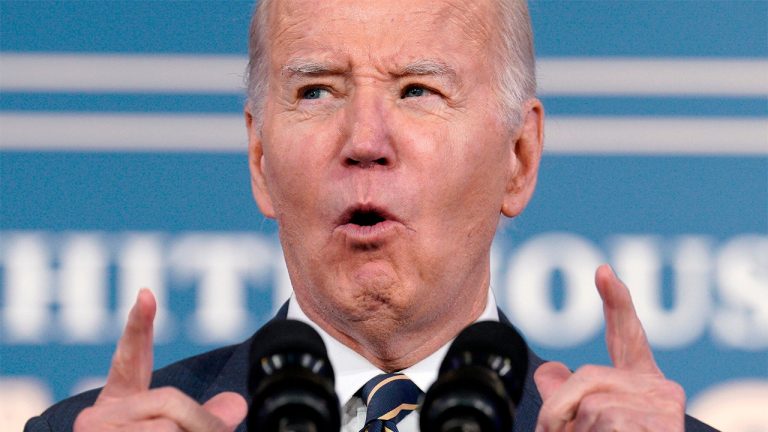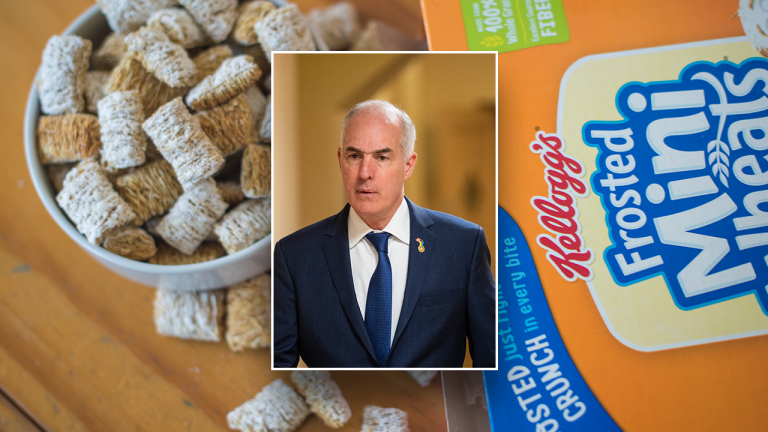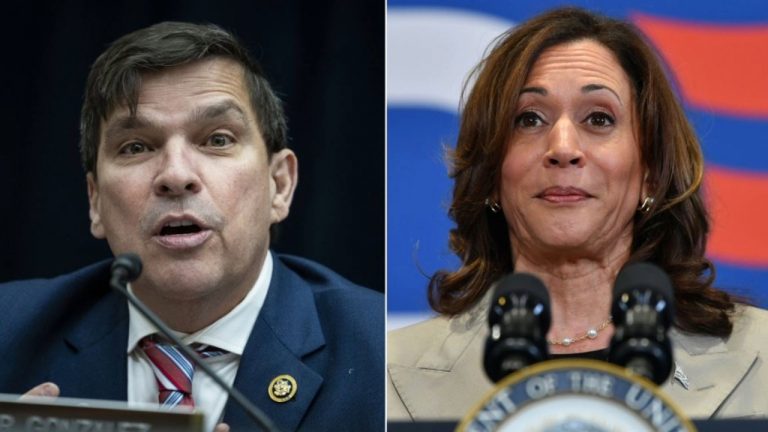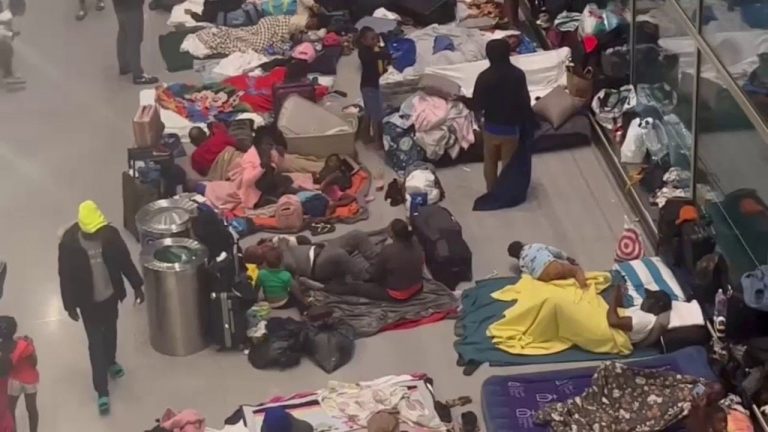North Carolina bill advances to prevent protesters from wearing masks without health exception.
Republican lawmakers in North Carolina are moving forward with plans to repeal a pandemic-era law that permitted the wearing of masks in public for health reasons. This decision was influenced by anti-Israel protests involving masked demonstrators on college campuses.
House Bill 237, the legislation aimed at repealing this law, successfully passed North Carolina’s Senate in a 30-15 vote along party lines, despite efforts by Senate Democrats to modify the bill. The proposed bill seeks to increase penalties for individuals wearing masks while committing crimes, including protesters who are arrested. However, there is still a possibility for amendments as the bill heads back to the House.
Supporters of the bill argue that it is necessary in response to escalating protests, such as those at the University of North Carolina at Chapel Hill, which led to confrontations with police and arrests. Additionally, the bill seeks to criminalize the obstruction of roads or emergency vehicles during protests, actions that have occurred during anti-Israel demonstrations in Raleigh and Durham.
“It’s about time that the craziness is put, at least slowed down, if not put to a stop,” remarked Wilson County Republican Sen. Buck Newton, the bill’s presenter, during a Senate session.
Opponents of the bill contend that it endangers the health of those who wear masks for safety purposes. The removal of health and safety exemptions for wearing masks in public has been a focal point of criticism against the bill.
The health exemption was originally added at the onset of the COVID-19 pandemic with bipartisan support. If repealed, the public masking rules would revert to their pre-pandemic state, which were initially implemented in 1953 to address Ku Klux Klan activities in North Carolina.
Democratic lawmakers have expressed concerns about the removal of protections for individuals who choose to wear masks for health reasons, fearing that it could criminalize immunocompromised individuals. They argued that masking for health purposes would violate the law, potentially putting vulnerable individuals at risk of legal consequences.
Despite assurances from Republican legislators that law enforcement and prosecutors would exercise discretion in charging individuals for health-related masking, concerns persist among opponents of the bill. One immunocompromised individual, Simone Hetherington, shared her anxieties during a Senate discussion, emphasizing the significance of masking for her protection.
Amidst Democratic attempts to propose amendments preserving the health exemption and excluding hate groups from masking, Senate Republicans employed procedural tactics to prevent these amendments from being voted on.
While there may be room for future modifications to the bill, it will ultimately be up to the House to decide. House Rules Committee Chairman Destin Hall indicated that the House intends to review the bill but is committed to addressing the issue of individuals wearing masks while engaging in criminal activities.
As the bill undergoes further committee evaluations before reaching the House floor, the debate over masking laws in North Carolina continues to unfold. The fate of the legislation remains uncertain, with potential adjustments and revisions on the horizon.








